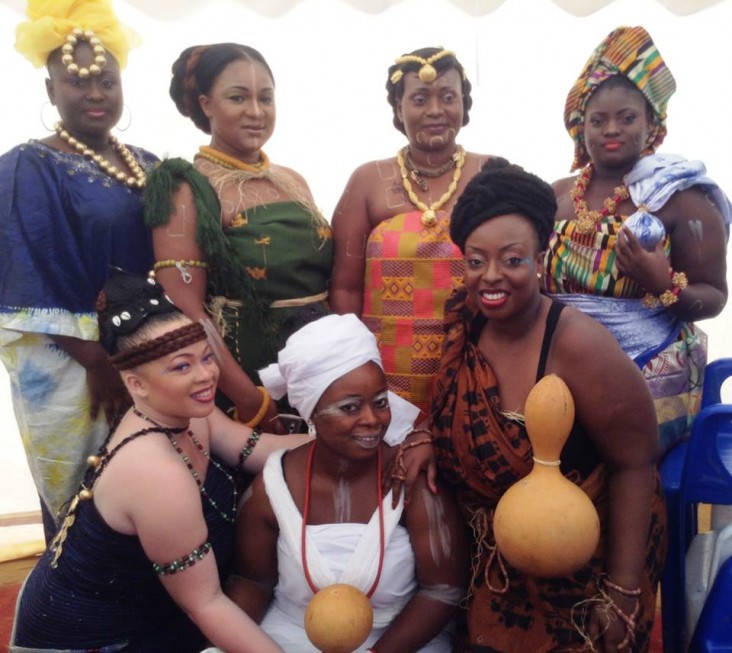
March 2015—More than a decade of political and economic crisis has driven deep wedges between the different ethnic groups that make up Côte d'Ivoire. Social cohesion was further eroded by the post-election crisis of 2010-2011, during which 3,000 people died and tens of thousands more were raped, injured or displaced.
Four years later, much of the population continues to live in suspicion and fear, especially in the two most densely populated and politically divided communes in the city of Abidjan: Yopougon and Abobo.
These low-income suburbs saw many young men commit politically motivated attacks during the years of crisis. Efforts to hold these youth militias accountable for their role in the violence have been piecemeal, and, though the disarmament process is ongoing, large numbers of ex-combatants still hold on to their weapons, contributing to growing feelings of insecurity. As presidential elections approach, tensions in both communes are on the rise.
To address these tensions and help prevent further violence, in January 2015, USAID’s Office of Transition Initiatives supported a women’s organization, Rondement Belle (Round and Beautiful), to carry out civic education through fashion shows, accompanied by live music performances and sketches by well-known comedians. The fashion shows provided a unique forum to engage young men and bring their communities together to promote messages of peace and reconciliation.
Rondement Belle organized two shows involving women from different ethnic backgrounds and political affiliations. The shows were held in Yopougon and Abobo over two days and drew several thousand people. Performances took place in a festive atmosphere with enthusiastic responses from audiences, with prominent messages woven throughout on peace and social cohesion.
To encourage constructive dialogue, audience members were asked to speak and share messages of peace and reconciliation.
“When there's war, we are miserable. Please, let’s make peace,” said 11-year-old Mohamed Diarra.
An anonymous young man from Yopougon echoed this sentiment, saying, “Here in Yopougon, we’ve suffered a lot because of fighting. These types of events really give us hope for the future.”
Blé Justin, an ex-militia member, was a spectator at the show in Yopougon. “I took part in the war and saw its horrors. If we were fighting, how would we see [an event like this]? I know what it is to kill. We must all work for peace,” he said.
Thanks to USAID’s support and the wide-reaching community engagement promoted by these events, the way has been paved for continued open dialogue for these communities.
LINKS







Comment
Make a general inquiry or suggest an improvement.